Finding the source of symptoms could become faster, cheaper, safer and more accurate, all as a spin-off of advances in solar energy research.
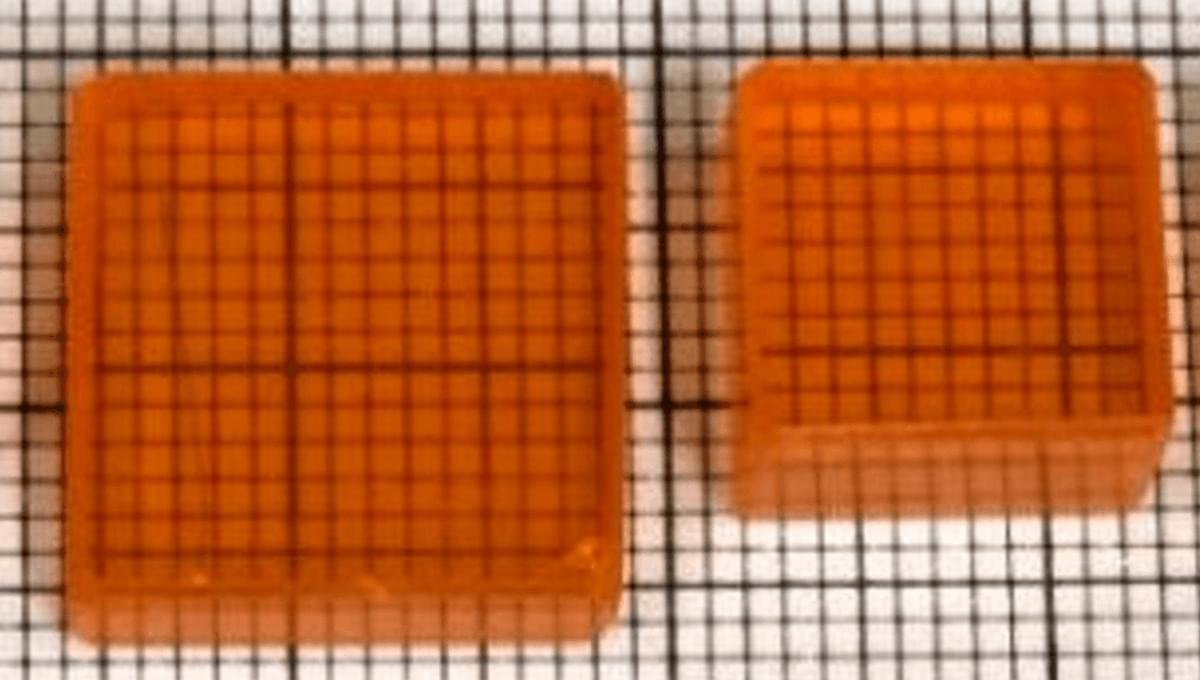


In an article published in Communications Physics, researchers from the Université libre de Bruxelles and the Institute for Quantum Optics and Quantum Information in Vienna present a new framework for describing physics relative to quantum reference frames, unveiling the importance of previously unrecognized “extra particles.”
In any experiment, specifying a physical quantity of interest always relies on a reference frame. For example, identifying the time at which an event happens only makes sense relative to a clock. Similarly, the position of a particle is usually defined relative to other particles. Reference frames are typically treated as classical systems, that is, they are assumed to have definite values when measured relative to other reference frames.
However, as far as we know, every system is ultimately quantum. As such, it can, in principle, exist in indefinite states called quantum superpositions. What does the physical world look like when described from the perspective of a reference frame that can be in a quantum superposition? Can we define consistent rules for changing between different perspectives?
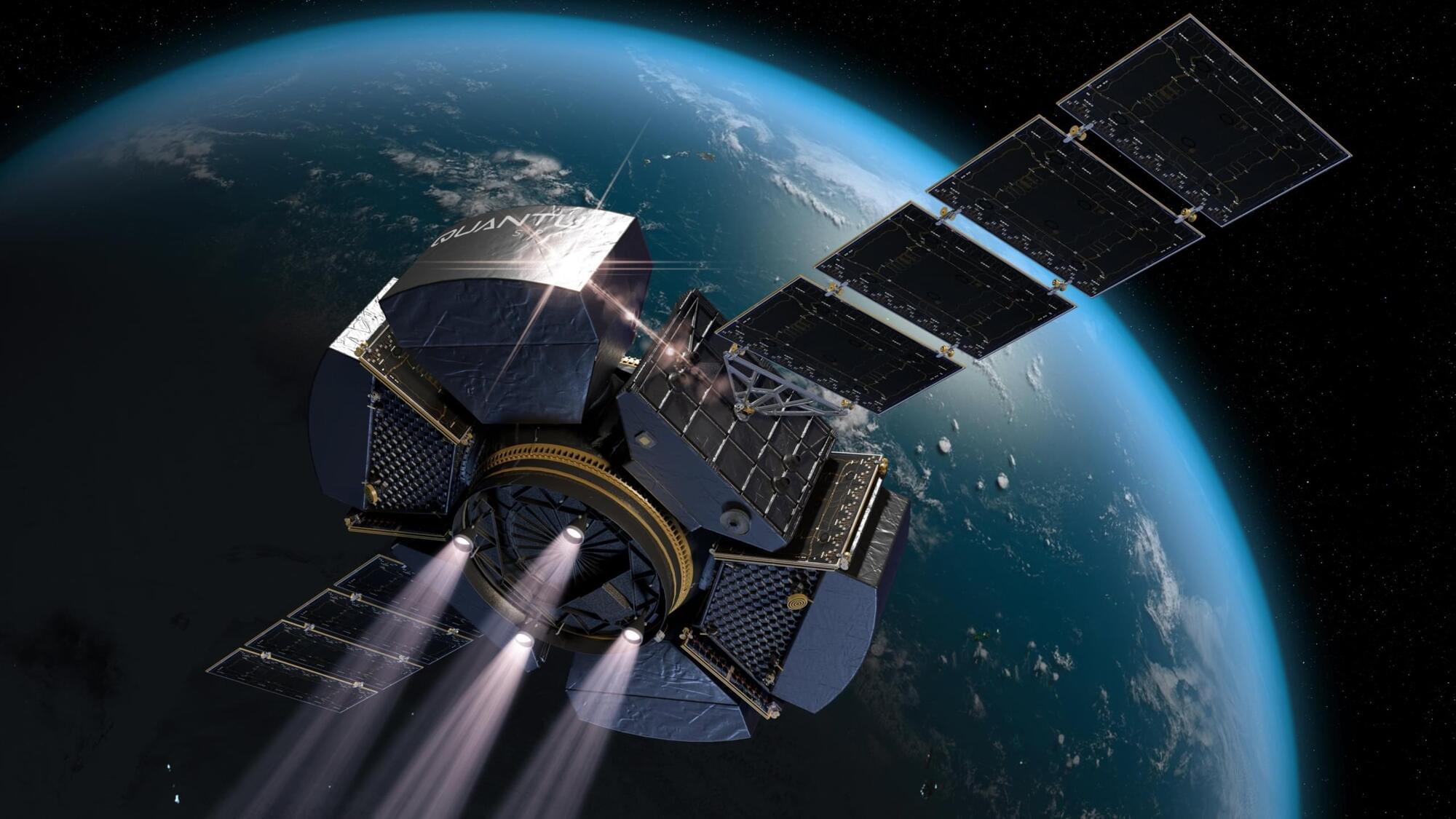
Alabama spacecraft manufacturer Quantum Space is already putting its $40M Series A extension round to work, announcing the acquisition of Phase Four’s multi-modal propulsion tech on Monday for an undisclosed amount.
Quantum has also taken over ownership of Phase Four’s integration and test facility in Hawthorne, CA, which can churn out up to 100 engines per year.
Paying in gold: The deal opens the door for Quantum to integrate Phase Four’s unique propulsion capabilities to fuel Quantum’s Golden Dome ambitions. Phase Four’s multi-modal propulsion system uses chemical and electric propulsion to perform high thrust or high efficiency maneuvers, depending on the mission.
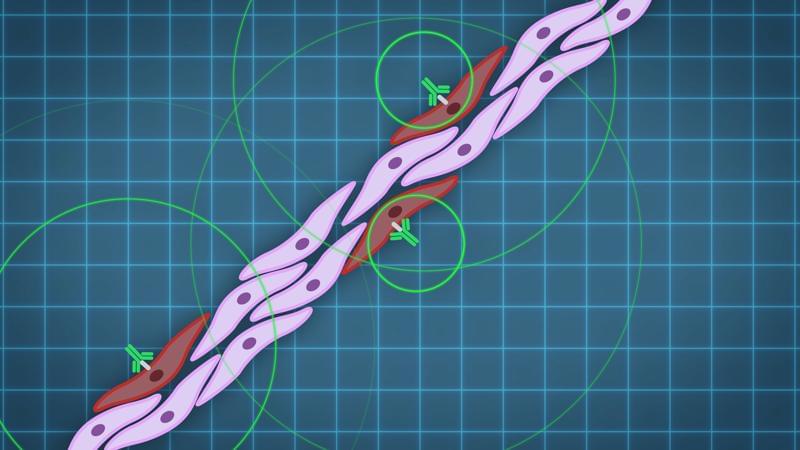
An unusual therapy developed at The Jackson Laboratory (JAX) could change the way the world fights influenza, one of the deadliest infectious diseases. In a new study in Science Advances, researchers report that a cocktail of antibodies protected mice—including those with weakened immune systems—from nearly every strain of influenza tested, including avian and swine variants that pose pandemic threats.
Unlike current FDA-approved flu treatments, which target viral enzymes and can quickly become useless as the virus mutates, this therapy did not allow viral escape, even after a month of repeated exposure in animals. That difference could prove crucial in future outbreaks, when survival often depends on how quickly and effectively doctors can deploy treatments and vaccine development will take about six months.
“This is the first time we’ve seen such broad and lasting protection against flu in a living system,” said Silke Paust, an immunologist at JAX and senior author of the study. “Even when we gave the therapy days after infection, most of the treated mice survived.”
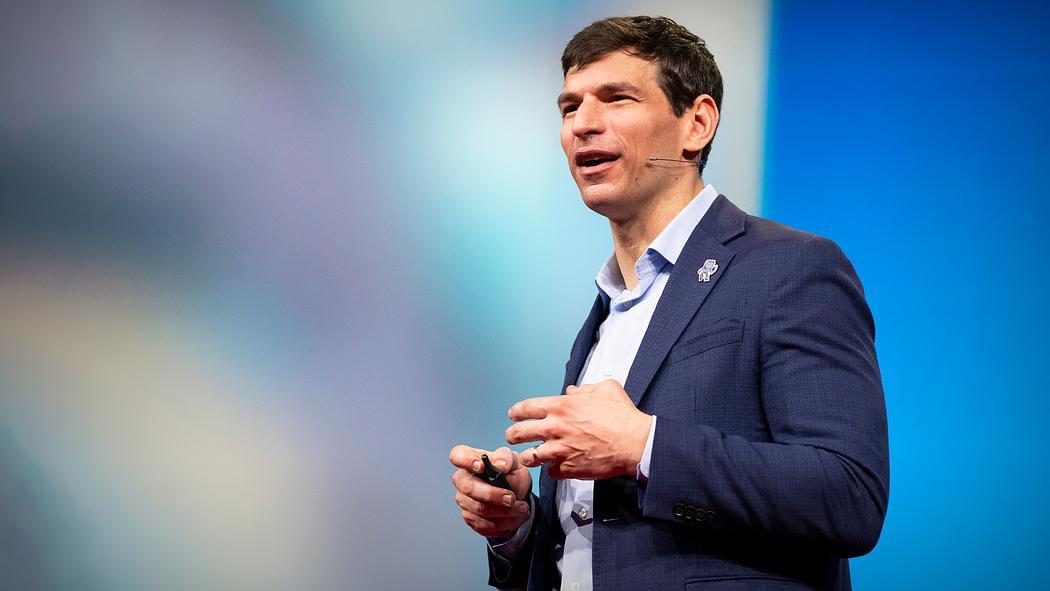
Physician-scientist David Fajgenbaum was dying from a rare disease that didn’t have a cure — until he discovered a lifesaving drug that wasn’t originally intended for his condition. In an astonishing talk, he shares how his near-death experience led him to cofound the nonprofit Every Cure, which is using AI to uncover hidden treatments in existing medicines in order to save lives. (This ambitious idea is part of The Audacious Project, TED’s initiative to inspire and fund global change.)
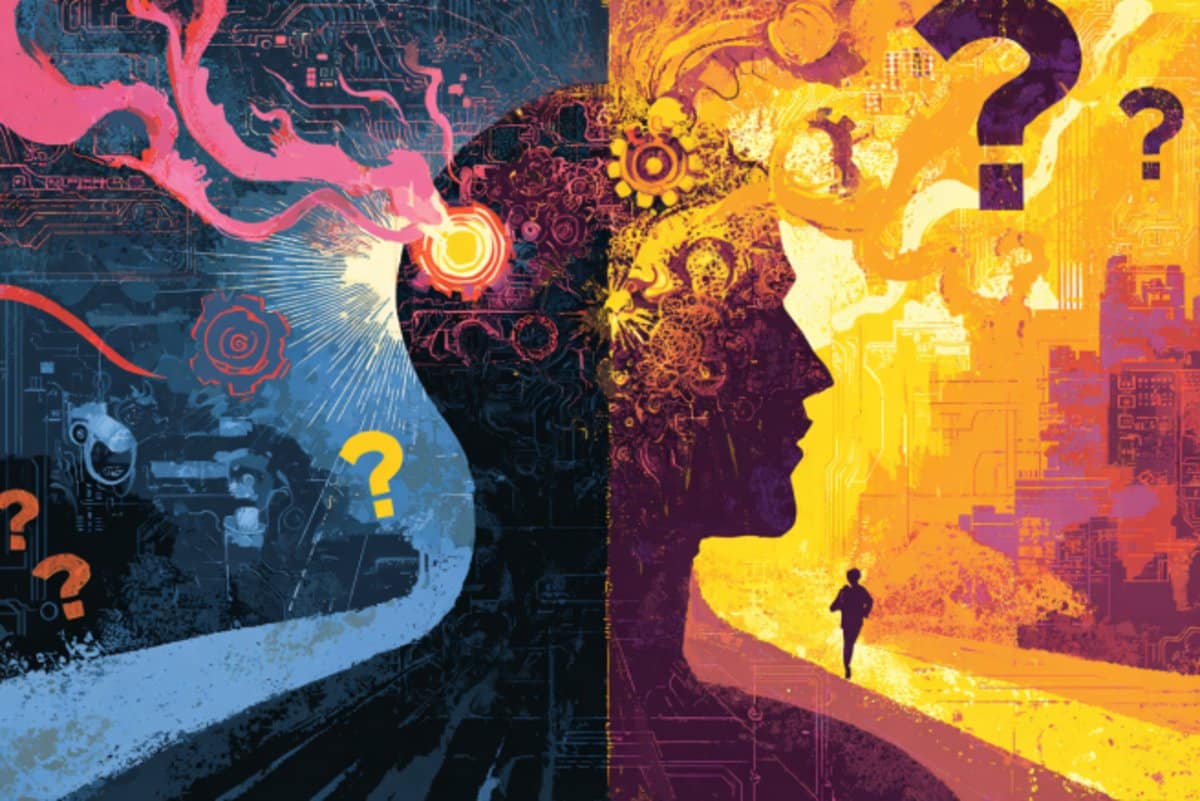
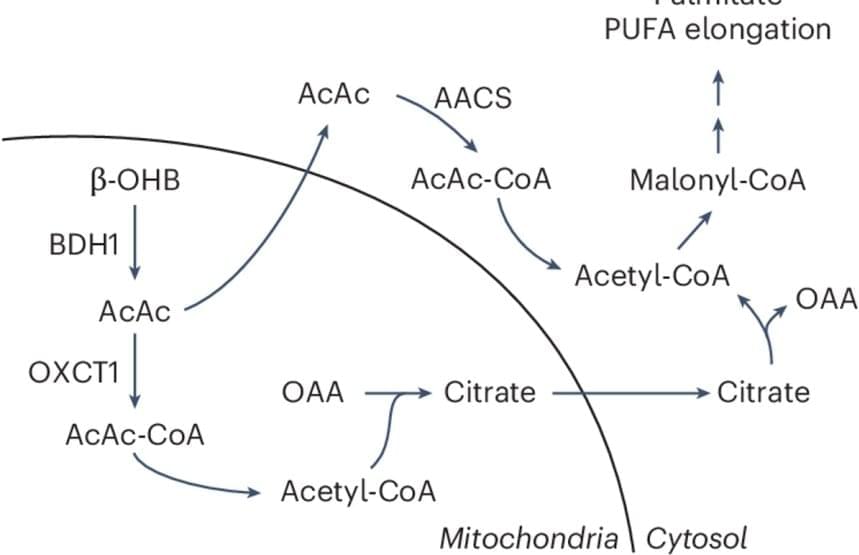
When it comes to their survival, cancer cells have a host of backup plans.
This is especially true of the nutrients that cancers use to grow and spread. In addition to relying on sugars like glucose to power their proliferation, some cancer cells also use ketones — metabolites produced from fats when the body is fasting or on a low carb diet — as an alternate fuel source.
Now, a new study scientists suggest that the routes cancer cells use to process these different nutrients deeply influence cell behavior. They discovered an alternate, or non-canonical, path by which cancer cells convert a ketone called β-hydroxybutyrate (β-OHB) into acetyl-CoA, an essential metabolic building block for fatty acids and cholesterol that supports cell proliferation.
The findings, published in the journal Nature Metabolism, could reshape how the relationship between diet and cancer is viewed.
The authors also found that cancer cells can leverage this alternative β-OHB pathway even when glucose, the body’s main source of energy, is plentiful. This suggests that, depending on the circumstances, glucose may not always be the nutrient of choice for cells.
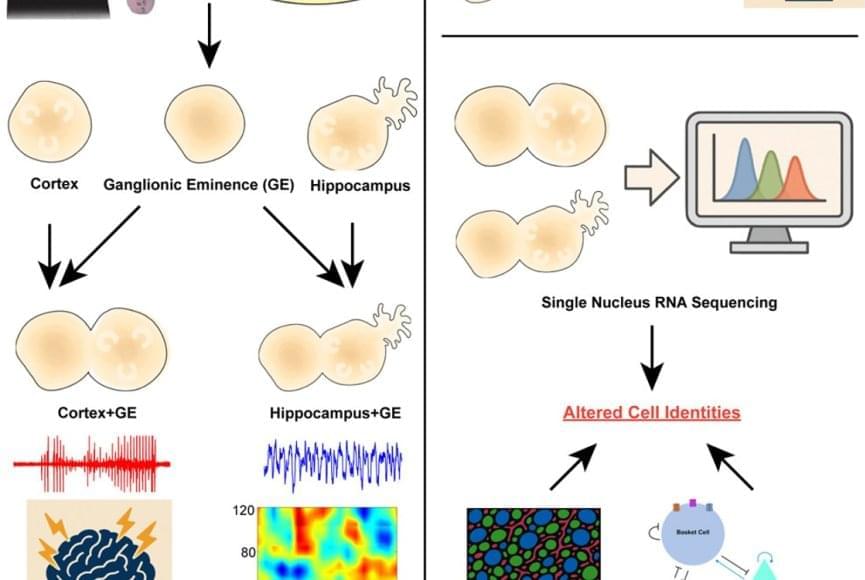
Using patient-derived induced pluripotent stem cells, the researchers generated advanced models known as 3D assembloids of two key brain areas: the cortex, which is essential for movement and higher-order thinking, and the hippocampus, which supports learning and memory. The results revealed strikingly different effects depending on the brain region.
In cortical models, the SCN8A variants made neurons hyperactive, mimicking seizure activity. In hippocampal models, however, the variants disrupted the brain rhythms associated with learning and memory. This disruption stemmed from a selective loss of specific hippocampal inhibitory neurons — the brain’s traffic cops that regulate neural activity.
These findings may help explain why patients with epilepsy often struggle with symptoms beyond seizures.
To confirm their findings, the researchers compared brain recordings from people with epilepsy to stem cell-derived hippocampal assembloids. They looked at seizure-prone regions of the patients’ hippocampi as well as regions unaffected by seizures. Abnormal brain rhythms appeared in both the patients’ seizure “hot spots” and in assembloids carrying SCN8A variants. In contrast, seizure-free brain regions and assembloids without the variants showed normal activity.
For families of children with severe epilepsy, controlling seizures is often just the beginning of their challenges. Even in cases where powerful medications can reduce seizures, many children continue to face difficulties with learning, behavior and sleep that can be just as disruptive to daily life.
New stem cell-based research published in Cell Reports, provides an early step toward understanding why current treatments often fall short, pointing to the distinct effects that single disease-causing gene variants can have across different regions of the brain.

Despite being one of the most familiar substances on Earth, water holds many secrets that scientists are still working to understand. When confined to extremely small spaces—such as within certain proteins, minerals, or artificial nanomaterials—water behaves in ways that are drastically different from its bulk liquid form.
These confinement effects are critical for many natural and technological processes, including regulating the flow of ions through cell membranes and the properties of nanofluidic systems.
One intriguing yet poorly understood state of confined water is called the “premelting state.” In this unique phase, water behaves as if it were on the cusp of freezing and melting at the same time, thus defying simple liquid or solid classifications. However, it has proven difficult to study the premelting state and other confined water dynamics in detail.
